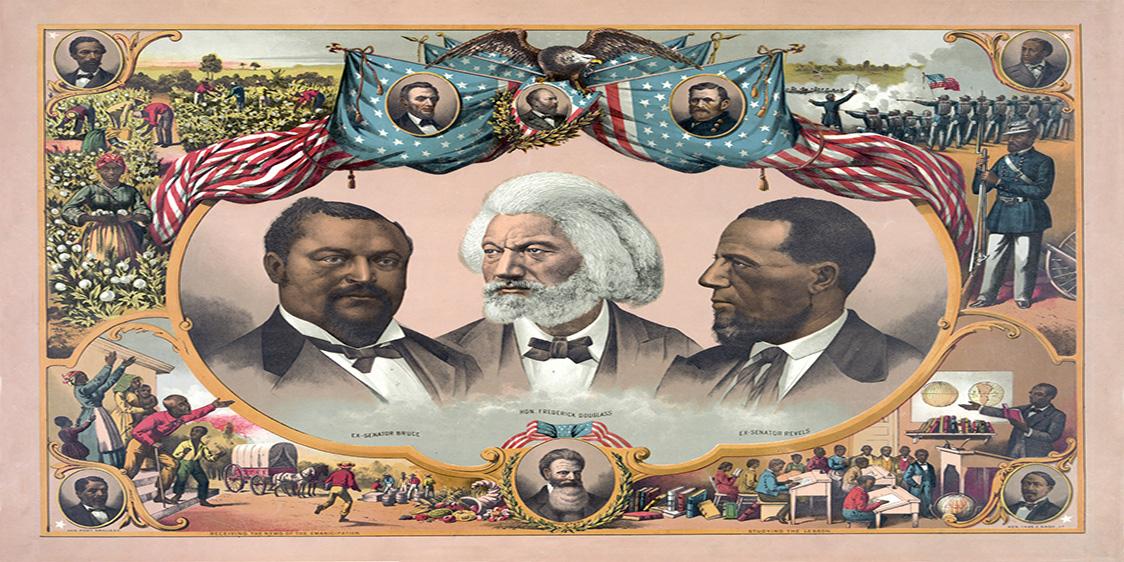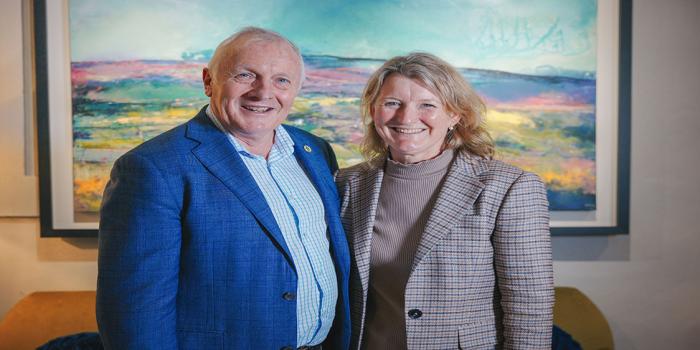Celebrating Douglass Week!
Despite the geographical and cultural differences, Douglass and Belfast forged a powerful connection based on their shared opposition to slavery. His visit to Northern Ireland in the 1840s left a lasting impact on both him and the community.
Kenneth B. Morris Jr., tells us about the surprising bond between the escaped slave and the Northern Irish city, and delves into Douglass's impactful visits and the lasting legacy he left on Belfast.
Kenneth B. Morris Jr. is the great-great-great-grandson of Frederick Douglass and also the great-great-grandson of Booker T. Washington and is naturally very proud of that fact!
Continuing the family's commitment to activism, he is co-founder and president of Frederick Douglass Family Initiatives (fdfi.org), an abolitionist and antiracist organisation headquartered in Rochester, New York. Their mission is to build strong children and to end systems of exploitation and oppression. He is also a board member of The Globe Lane Initiative, a U.S.-based non-profit that develops and directs the #DouglassWeek event series taking place in Belfast from 14-20 April.
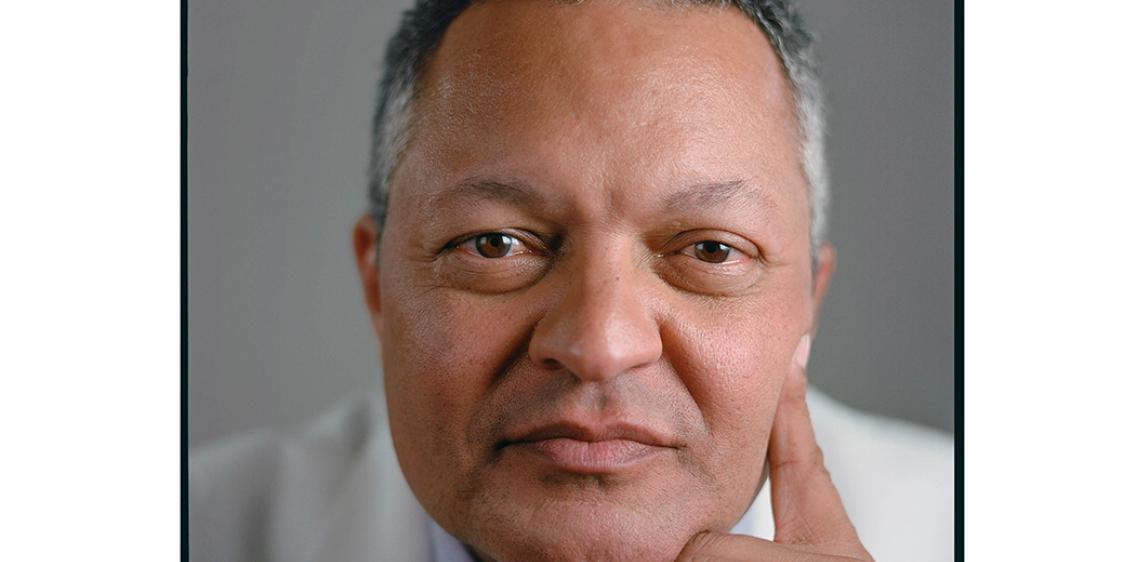
What is the connection between Frederick Douglass and Belfast?
When he was just 27 years old, in late August of 1845, Frederick Douglass left Massachusetts to embark on what would become a two-and-a-half year-long book and lecture tour to raise awareness and funds for the abolitionist cause at home. He had escaped enslavement in Maryland only seven years before, was a rising star in the antislavery movement, and had just published his first autobiography, Narrative of the Life of Frederick Douglass. In the Narrative, he named names and provided previously undisclosed details about his enslavement and his own identity. Because of fugitive slave laws in the U.S., he faced the threat of falling into the hands of slave catchers. So he travelled abroad like many other Black freedom fighters at the time, including his great friends Sarah Remond and her brother Charles, for whom my great-great-grandfather, Douglass's youngest son Charles Remond Douglass, was named. During his visit, Douglass travelled all over Ireland and spent time in Dublin, Waterford, Limerick, and Cork.
In December 1845, he headed north for about a month and eventually gave about 20 speeches in and around Belfast, Bangor, Lisburn, and Holywood. Most of his lectures in the Belfast area were arranged by female antislavery groups and held at Protestant churches. We know that he spent time with many prominent figures in Belfast, including Mary Ann McCracken, who was inspired by Douglass's visit to start the Belfast Ladies' Antislavery League in December 1845. He sold copies of the Narrative at every stop and reportedly sold out of books at the first Belfast lecture he gave. While he had planned to stay only a few days, he eventually spent what he called a "transformative" four months in Ireland.
Douglass wrote many powerful and moving letters home during his trip to Ireland, and in one letter from Belfast, he talked about the "spirit of freedom" and the "absence of prejudice" he encountered in the city. I can say that I and other family members have experienced a similar warm welcome on past visits to Belfast, I am excited to return to the city with my mother, Nettie Washington Douglass, and my younger daughter, Nicole, to participate in many events and activities throughout the week.
We're honored that Belfast has long recognised Douglass's unique relationship with the city, evident in the beautiful murals painted over the years and the recent unveiling of his statue. We're grateful for the support and look forward to making more great memories in such a special place.
How has your family's history and legacy shaped your life?
Nowadays, this work consumes all my time and energy. Yet, there was a time when I wasn't fully connected to my family's legacy. I was wary of the weight of expectation, having witnessed its toll on family members who came before me. However, I discovered this mission on my own, making it all the more significant. Each morning, I reflect on what Frederick Douglass and Booker T. Washington would do in today's world, and I do my best to try and make them proud while walking in my own shoes. I am honored to be able to visit places like Belfast with partners like The Globe Lane Initiative and #DouglassWeek to explore and learn more about my ancestors and experience how their lives and legacies continue to affect people around the world.
In your opinion, what is the most important aspect of Frederick Douglass' legacy that we should remember today?
Frederick Douglass was a true Renaissance man, and it's impossible to pinpoint any one aspect of his legacy that we should remember. However, his entire body of work offers valuable lessons. With tens of thousands of articles and three bestselling autobiographies, his words and his example remain pertinent to contemporary challenges.
My great ancestor epitomised the embodiment of perseverance, hope, resilience, and persistence. As a fervent advocate and a towering figure in the annals of civil rights history, his unwavering dedication reverberates through the ages. He didn't just champion his cause; he actively sought to unite with others in pursuing justice, firmly declaring, "I will unite with anyone to do right, and nobody to do wrong."
Moreover, Frederick Douglass aligned himself with various movements fighting for freedom and equality, lending his enthusiasm and devotion to their struggles. He embraced the intrinsic worth of every individual and understood the transformative power of lifting others.
The Great Abolitionist's commitment to equality extended beyond race; he was an early supporter of women's suffrage, standing as one of the few men at the inaugural Women's Rights Convention in Seneca Falls, NY, in 1848. Remarkably, even after returning from an extensive tour of the British Isles, he plunged back into the fray of activism, demonstrating an unyielding spirit that persisted until his passing in 1895, shortly after returning home from a women's rights gathering in Washington, DC.
There are invaluable insights to extract from his life and accomplishments. We must emulate his dedication and find motivation in his relentless pursuit of equality and justice for all.
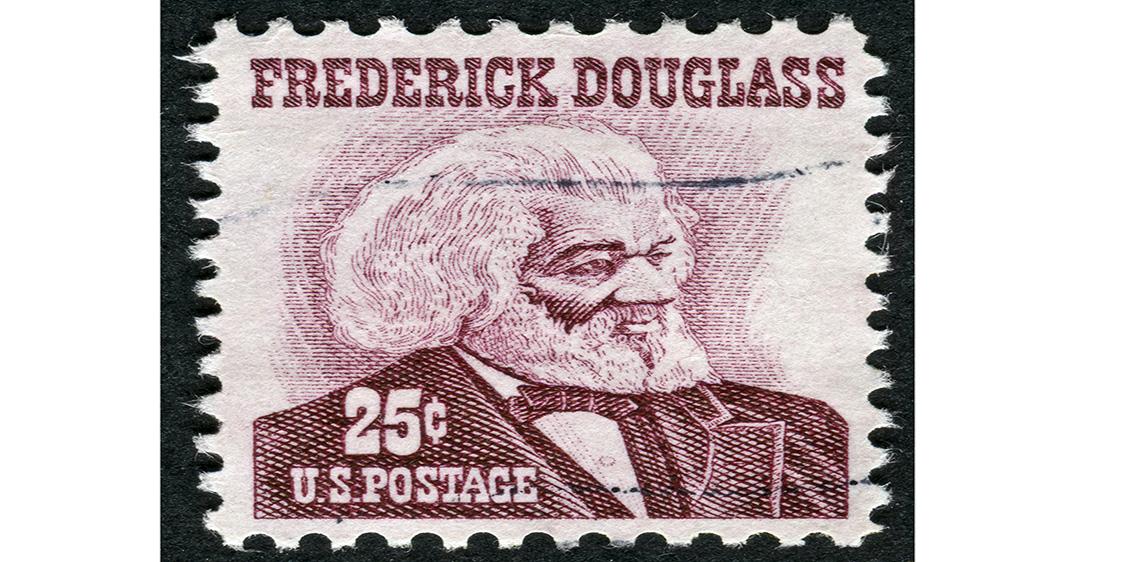
Do you believe there are any aspects of Frederick Douglass' life or work that are often overlooked or underappreciated?
Indeed, the immediate family of Frederick Douglass has often been overlooked and undervalued, particularly his wife of 44 years, Anna Murray Douglass, and their five children. Their contributions have been marginalized in history, and they haven't always been treated with the dignity and respect they rightfully deserve. The Douglass family collective was at the forefront of radical freedom fighting, with Anna Murray Douglass standing as Frederick Douglass's equal partner in the struggle for liberty. The family of Frederick and Anna Murray and FDFI, our nonprofit organization, are dedicated to elevating the life and legacy of the entire Douglass family. In recent years, we've made significant strides. Exciting developments are on the horizon, and we look forward to sharing them with the world toward the end of 2024.
Based on your family's perspective, what are some common misconceptions about Frederick Douglass that you would like to address?
The legacy of Frederick Douglass has been appropriated by both sides of the political spectrum, sometimes to positive effect, but often to manipulate his words for political purposes. His extensive writings have been cherry-picked to fit specific agendas or even used for dubious motives, especially in the U.S. However, reducing such a complex figure to a singular viewpoint is unfair, and taking his words out of context does him a disservice. That's one of the reasons we are committed to educating and empowering young minds, ensuring they grasp the full depth and breadth of my great ancestor's legacy. One Douglass quote I cherish is, "It is easier to build strong children than to repair broken men." At FDFI, we aim to support young people by equipping them with the tools to critically and comprehensively analyze both history and the world in which they live.
Connection to the Present
At FDFI, our primary focus over the past 17 years has been to build strong children and create initiatives that bridge the legacy of my great ancestor with the contemporary world. One project that particularly excites me is the "One Million Abolitionists" initiative. In collaboration with Forefront Books and Simon & Schuster, we've released a special Douglass Family Edition of Frederick Douglass's first autobiography, Narrative of the Life of Frederick Douglass, an American Slave, through our new Frederick Douglass Books imprint. We are working to distribute one million copies of this special edition to young people worldwide, inspiring them with Douglass's life story and instilling the belief that they can achieve anything they set their minds to. We have numerous projects underway, and I encourage your readers to explore our website's "Our Initiatives" section at fdfi.org to learn more about our work and mission. And, of course, the #DouglassWeek event series is held in a different city around the world each year and features contemporary responses to Douglass's story through many different lenses and from many different perspectives, from students to historians to artists and musicians, sports figures, public officials, writers, and poets.
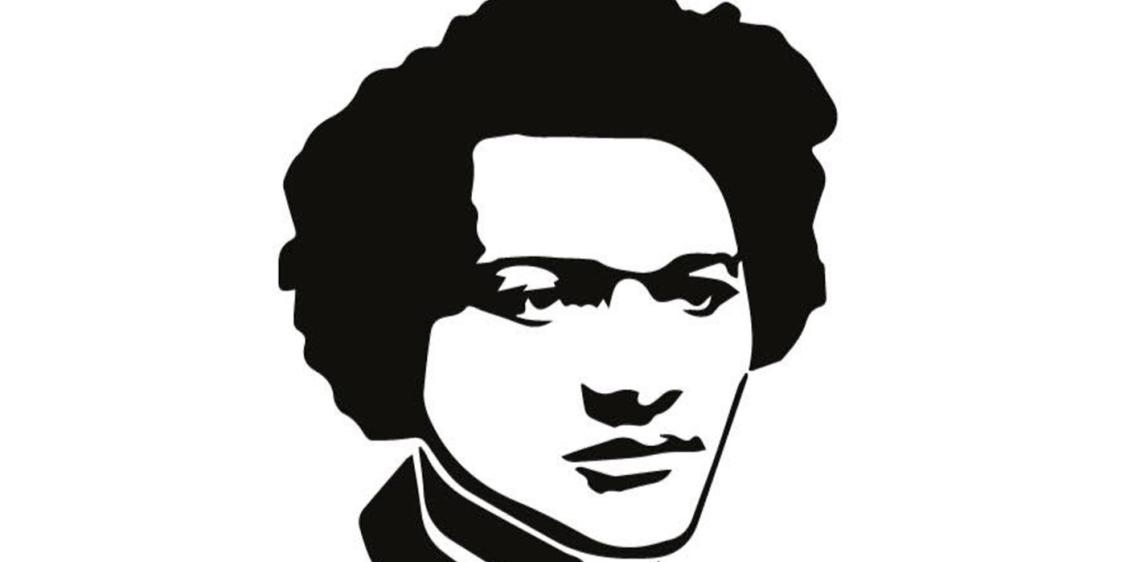
What are your hopes and dreams for the future, as a descendant of Frederick Douglass and an advocate for social change?
We are excited to continue #DouglassWeek in other cities around the world and inspire new generations to reflect on Douglass's example and be their own creator and force for positive change. In Rochester, NY, FDFI is embarking on an extraordinary journey to honor, celebrate, and commemorate the enduring legacy of Frederick Douglass and the Douglass family. Over the next 4-5 years, we will build The Frederick Douglass Museum Center for Knowledge, Equality, and Justice.
For 25 pivotal years, Frederick and Anna Murray Douglass left an indelible mark on the city, which they adopted as their hometown and where they are laid to rest at Mount Hope Cemetery. This museum will stand as a world-class international destination, inviting visitors to immerse themselves in the life, work, and legacy of Frederick Douglass and the collective efforts of the Douglass family in the fight for freedom, justice, and equality worldwide.
We are motivated daily by the inspiration others take from my incredible ancestors. We are excited to create a unique space in the city where the Douglass family lived the longest. Through interactive experiences, visitors, scholars, and activists will leave the museum ready to ignite and advocate for positive social change in the world.
You can join in to help celebrate the contributions of Frederick Douglass and the continuation of his legacy. Further event details can be found on the Douglass Week website.
